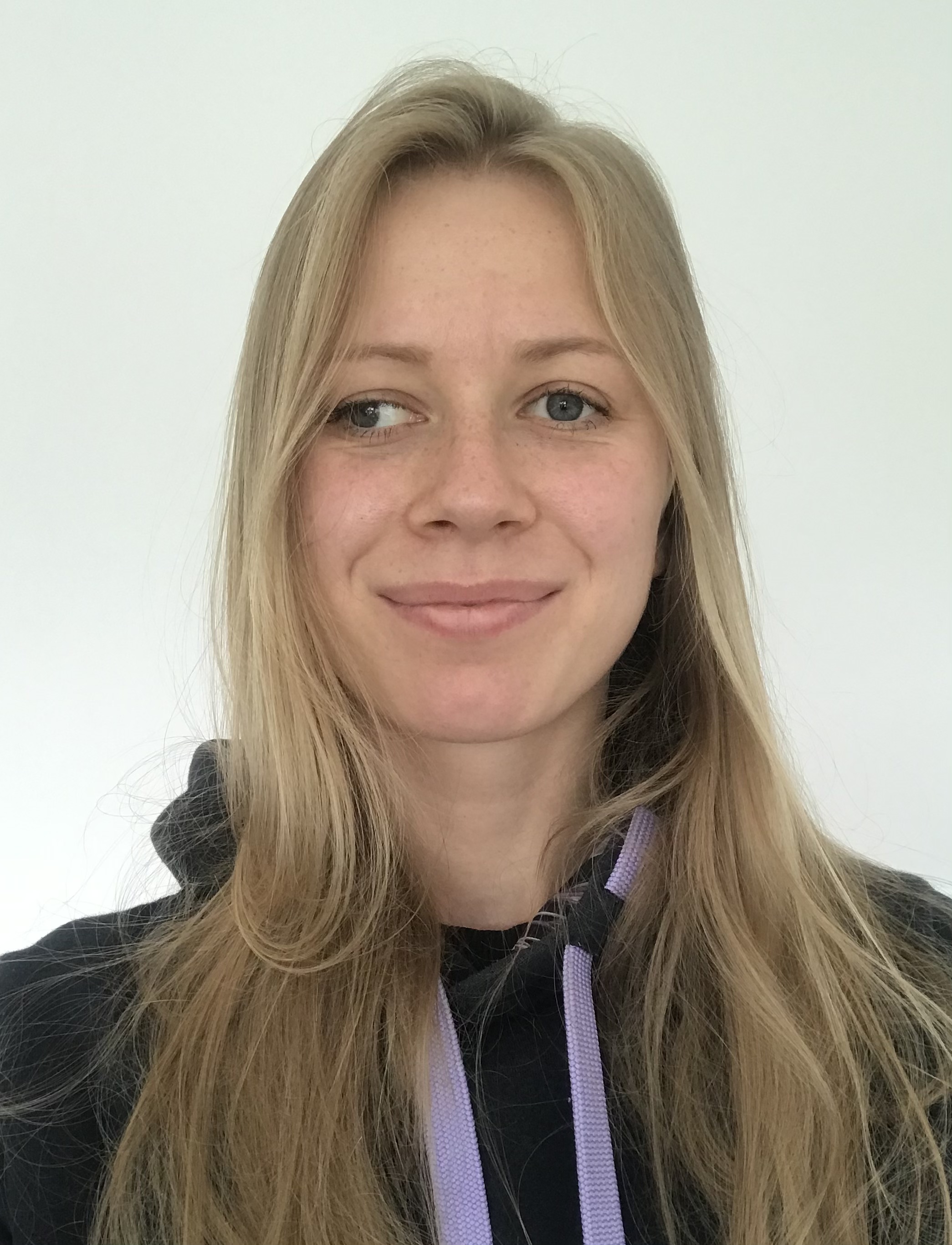Joanna Przybysz
PhD Student

The technologies for storing renewable energy in the form of hydrogen bonds require accelerated experimental approaches to develop functional materials at a rate matching the growing needs of humanity. A wide variety of high-throughput (HT) experimentation methods have recently emerged, offering opportunities for designing accelerated workflows in electrocatalyst development, often incorporating artificial intelligence to optimize research efforts. In the field of electrocatalysis, it is imperative to develop HT workflows that consider the multiobjective nature of catalyst performance while efficiently screening a vast parameter space.
My research will focus on automated and autonomous workflows for OER electrocatalyst development. This approach includes high-throughput synthesis, characterization and electrochemical activity and stability screening using the scanning flow cell with downstream inductively coupled plasma mass spectrometer (ICP-MS) electrolyte analysis. The integration of machine learning algorithms will guide optimization efforts in the process to further increase its efficiency.
-
M. Goßler*, H. Wang*, J. Przybysz, F.G.S. Aldabain, L. Morales, A. Körner, A. Göpfert, A. Hutzler, S. Cherevko, Marc Ledendecker*
Small
In Press
(2026)
-
M. Zlatar*, C. Simon, J. Przybysz, M. Gamón Rodríguez, J. Katsman, M. Ayoub, I. Khalakhan, S. Cherevko*
Journal of The Electrochemical Society
In Press
(2025)
-
J. Przybysz*, K. Jenewein, M. Minichova, T. Hrbek, T. Böhm, T. Priamushko, S. Cherevko
ACS Materials Letters
6
(2024)
5103-5111
2026
2025
2024
| 2024 – present | Doctoral Student at the Helmholtz Institute Erlangen Nürnberg for Renewable Energy, Erlangen, Germany. |
| 2021 – 2023 | M.Sc. in Advanced Materials and Processes at the Friedrich-Alexander-Universität Erlangen-Nürnberg, Germany. Thesis: High-Throughput Synthesis and Electrochemical Screening of IrxCo1-xOy Electrocatalyst Libraries for Acidic Oxygen Evolution Reaction |
| 2021 | Intern at Chemical Synthesis Research department BASF SE, Ludwigshafen, Germany. |
| 2020 | Working student at Engineering Europe department BASF SE, Ludwigshafen, Germany. |
| 2016 – 2021 | B.Sc. in Chemical Technology at the Warsaw University of Technology, Poland. Thesis: Synthesis of Non-Isocyanate Polyurethanes. |